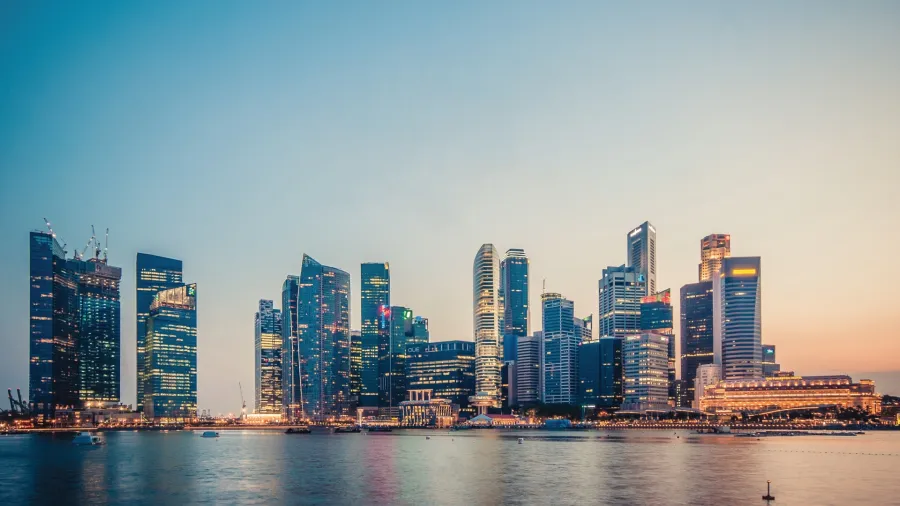
Singapore’s top 50 insurers see 3.7% YoY asset decline in 2022
Experts’ industry outlook for 2023-2024 centres on digital evolution with AI, protection gaps, strategic partnerships, and resilience amidst challenges.
The assets of Singapore’s finest 50 insurers included in the Singapore Business Review’s Insurance Rankings dipped 3.7% year-on-year (YoY) in 2022, overshadowing the growth trend in last year’s edition which recorded a 5.1% YoY in 2021.
The downtrend is attributed to the overall performance of the life insurance business, which contracted by 4.1%, whilst general insurers experienced a lukewarm 9.7% growth, according to the Ministry of Trade and Industry.
The Singapore Business Review Insurance Rankings compiles an annual roster of the 50 leading insurance companies in Singapore, based on their assets. The information is sourced from the annual statistics provided by the Monetary Authority of Singapore (MAS), with the latest rankings reflecting data from 2022 and making YoY comparisons.
The annual rankings saw 21 life insurers, 23 general insurers, four life reinsurers, and two general reinsurers in the top 50 list.
Amongst the top 10 insurers, seven saw contractions in their annual increments whilst only two recorded growth, and the other saw no statistical change.
Keeping the top spot as last year was Great Eastern Life, despite a 1.52% YoY shortfall in its assets. AIA Singapore also stood firm at second place, amidst a drop in assets by 11.45% YoY.
At third place was Prudential Singapore, followed by Income Insurance at fourth place, and then Manulife, which countered the trend by inching up 0.64% YoY in its assets. Prudential Singapore and Income Insurance both saw contractions of 7.15% and 9.44%, respectively.
Amongst the top ten, Singlife recorded the largest growth of 6.91% YoY at sixth place. The rest in the top 10 all saw negative increments in their YoY assets: Tokio Marine Life at seventh place, HSBC Insurance at eighth place, HSBC Life at ninth place, and Etiqa at 10th place.
The state of premiums
In 2022, the aggregated new business premiums in the direct life insurance sector experienced a 4.1% fall to $6.3b, data from the Economic Survey of Singapore 2022 showed.
Notably, the single premium business saw a more pronounced decrease of 9.4%, amounting to $23.5b, whilst the regular premium business exhibited a modest decline of 0.6%, reaching $3.9b.
The net income of the direct life insurance industry exhibited a significant contraction, plummeting from $1.6b in 2021 to a $1.5b in 2022, primarily attributed to a reduction in investment income.
Conversely, in the general insurance industry, gross premiums recorded a notable increase of 9.7%, totalling $18.3b in 2022. This growth was driven by contributions from both offshore and domestic businesses, accounting for $12.9b and $5.4b, respectively.
However, the operating profit of the industry in 2022 experienced a decline, amounting to $500m, down from $1.2b in the preceding year. This reduction was primarily attributed to a decrease in investment income.
The general insurance industry is anticipated to grow at a 5.8% compound annual growth rate (CAGR), to SG$7.35b (US$5.5b) in gross written premiums (GWP) by 2028, as forecasted by GlobalData.
Swetansha Chauhan, an Insurance Analyst at GlobalData, noted that the industry’s growth is expected to slow from 2023 onwards. “Changing economic conditions, rising inflation and geopolitical uncertainties have led to sluggish growth in all general insurance lines of business, which is expected to slow down the overall industry growth in 2023,” Chauhan said.

Swetansha Chauhan, Insurance Analyst at GlobalData
She added that Singapore’s general insurance penetration at 0.8% in 2022 indicates substantial growth potential compared to other APAC countries. This anticipation of growth will be on the back of increased health insurance demand, mandatory fire insurance, and rising premiums due to inflation are expected to support the industry’s growth over the next five years.
The life industry holds the same fate, with a forecasted CAGR of 9.8% from SG$62.9b (US$47.2b) in 2022 to SG$100.4b (US$77.0b) in 2027 in terms of GWP, according to GlobalData.
In 2022, the industry experienced a notable growth of 13.3%, with a projected growth of 10.9% in 2023. The surge is attributed to heightened awareness of financial planning post-pandemic, leading to increased demand for protection products such as term and whole life insurance.
What lies ahead
This year remains the most uncertain, amidst recent geopolitical uncertainties, technological advancements, and market dynamics. With these in view, insights from industry leaders provide a comprehensive overview of the challenges and opportunities that lie ahead in 2024.
“The digital-first world is constantly evolving, and insurers need to understand and leverage new technology to stay ahead of the curve and to remain competitive. One key area is in Artificial Intelligence (AI),” Ben Tan, chief corporate development officer and chief distribution officer at Prudential Singapore, told the Singapore Business Review.
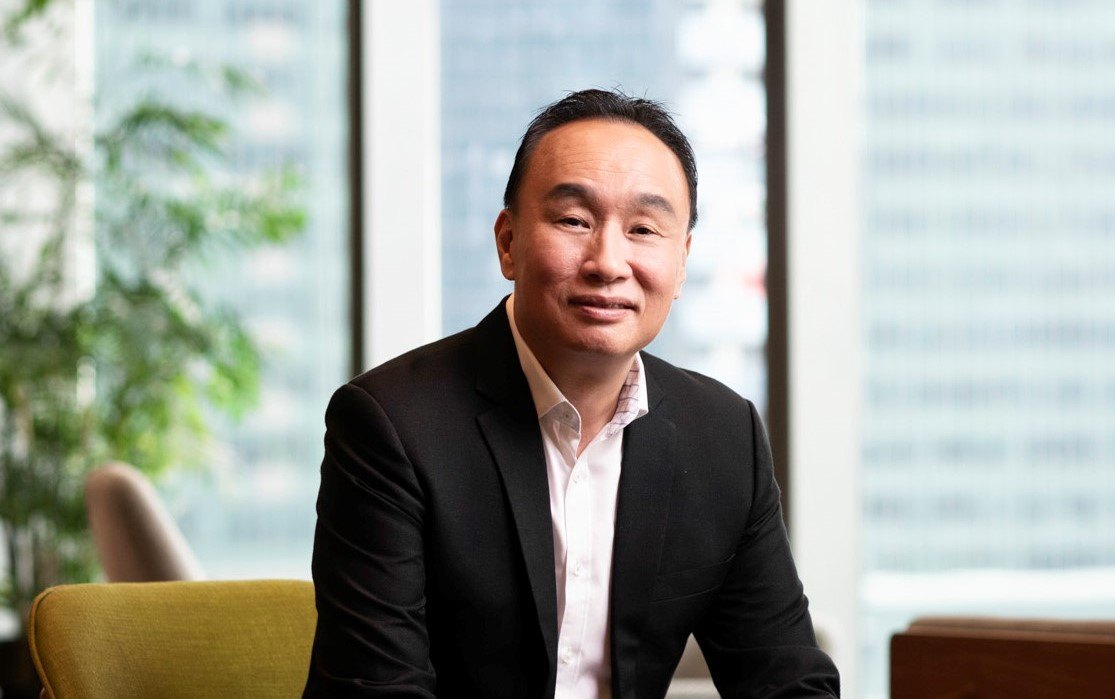
Ben Tan, chief corporate development officer and chief distribution officer at Prudential Singapore
“Advancements in computing power have fuelled its growth and made it more accessible and affordable to be deployed in businesses,” he added.
Tan said that not only will this continued development benefit underwriting policies to claims assessments, but also allow for a more personalised customer experience at scale. This, in turn, facilitates the development of innovative products and services to better meet individual needs.
For Dr. Khoo Kah Siang, CEO of Manulife Singapore, attention must be drawn to persistent protection gaps in mortality and critical illness present in the country.
“While there is greater awareness and appreciation of the value of insurance in Singapore, a recent study by the Life Insurance Association (LIA) has revealed that there is a 21% mortality protection gap and a 74% Critical Illness protection gap in Singapore in 2022,” Siang told the magazine in a separate interview.
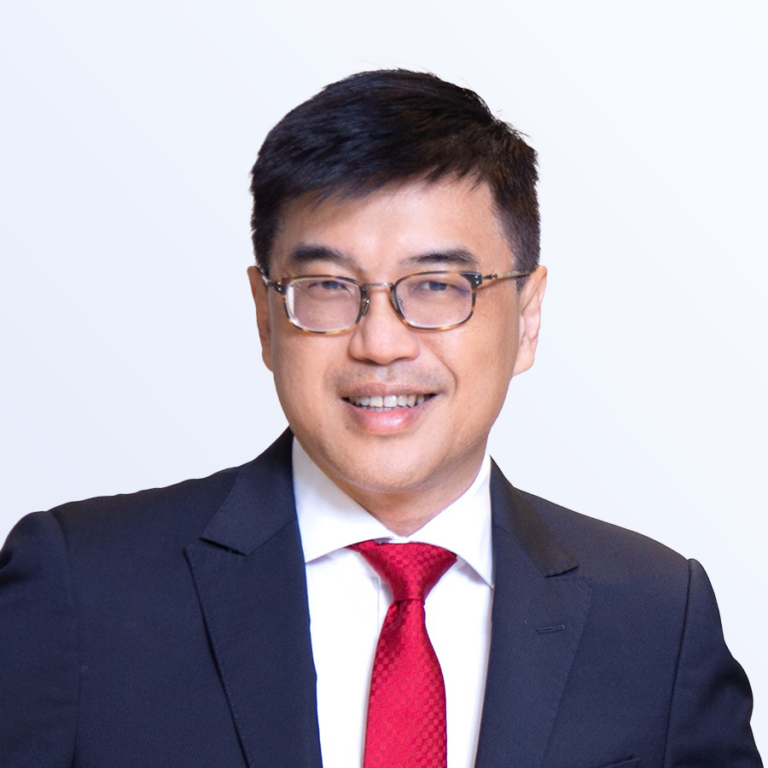
Dr. Khoo Kah Siang, CEO of Manulife Singapore
He further emphasised the industry’s commitment to community investment and the accelerated adoption of technology post-pandemic, setting new benchmarks for customer experience and workforce development.
Singlife Group CEO Pearlyn Phau, meanwhile, offered a cautionary perspective, pointing to geopolitical tensions and market volatility as factors contributing to uncertainty in the insurance landscape.
“The ongoing Russia-Ukraine conflict, the Middle East Gaza conflict and the evolving dynamics of the US-China relationship will continue to contribute to market volatility and uncertainty,” Phau said.
“These factors require us to adopt a cautious stance for the rest of 2023 and as we head into 2024, as concerns about recession and market instability persist. Additionally, the Ministry of Trade and Industry (MTI) has revised its 2023 GDP growth forecast for Singapore, narrowing it to "0.5 to 1.5 per cent," reflecting similar concerns,” she told the Singapore Business Review.
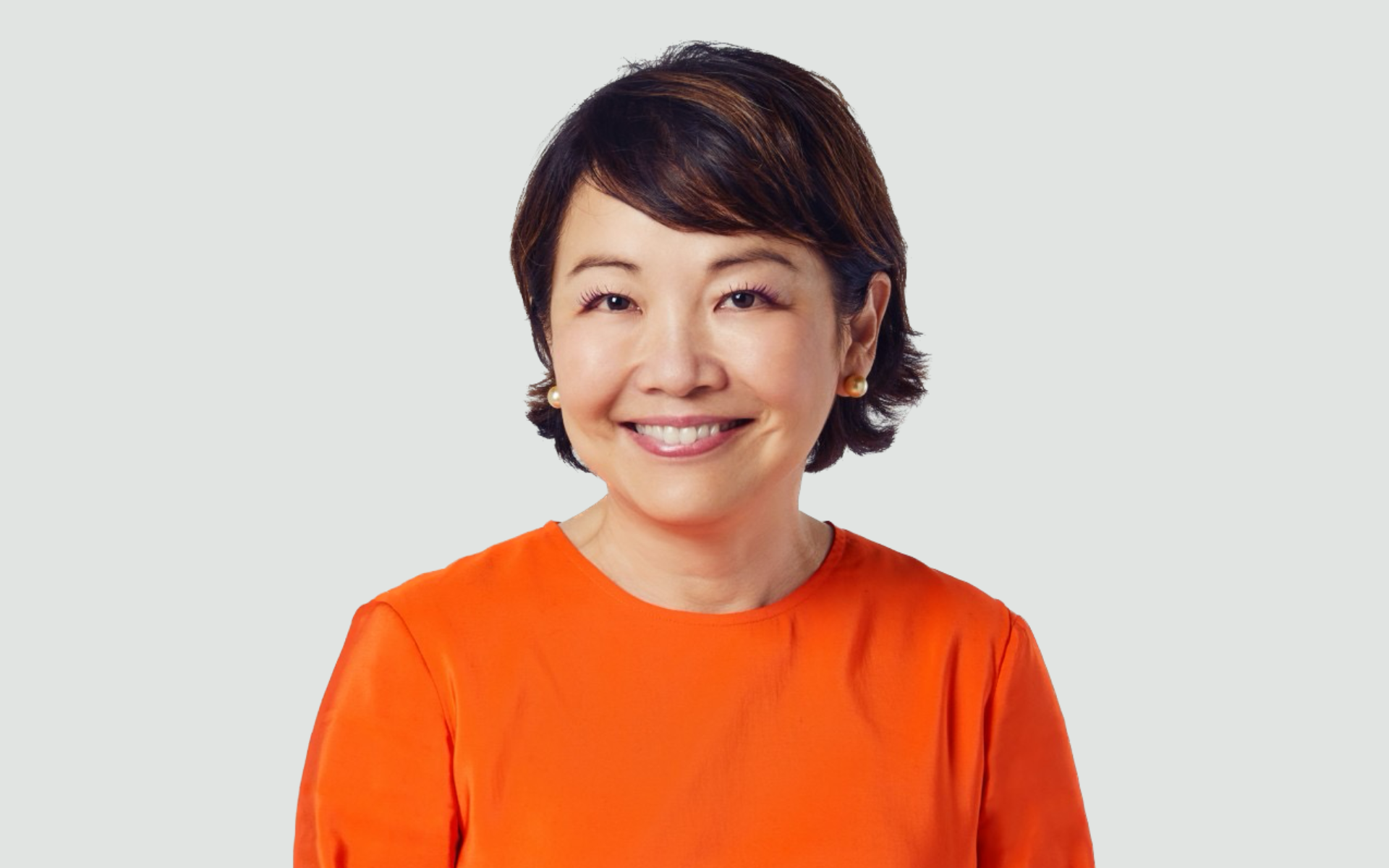
Pearlyn Phau, Singlife Group CEO
“This decline in demand was likely due to the volatile macroeconomic environment and rising interest rates. Looking forward to 2024, Singlife maintains a cautiously optimistic outlook. The insurance industry has been resilient and adaptable,” Phau added.
Sharing the same sentiment, Great Eastern’s Group CEO, Hock Seng Khor, acknowledged the persistently challenging economic environment driven by geopolitical tensions and financial market volatility. Hence, Khor advocated for a prudent approach in underwriting and investment operations, emphasising the importance of customer-centricity.
“Furthermore, insurers need to focus on customer centricity — providing value to customers through distinctive propositions aligned with their diverse life stages. Therefore, agility, resilience, and a commitment to innovation will be key cornerstones of success,” Khor told the magazine.
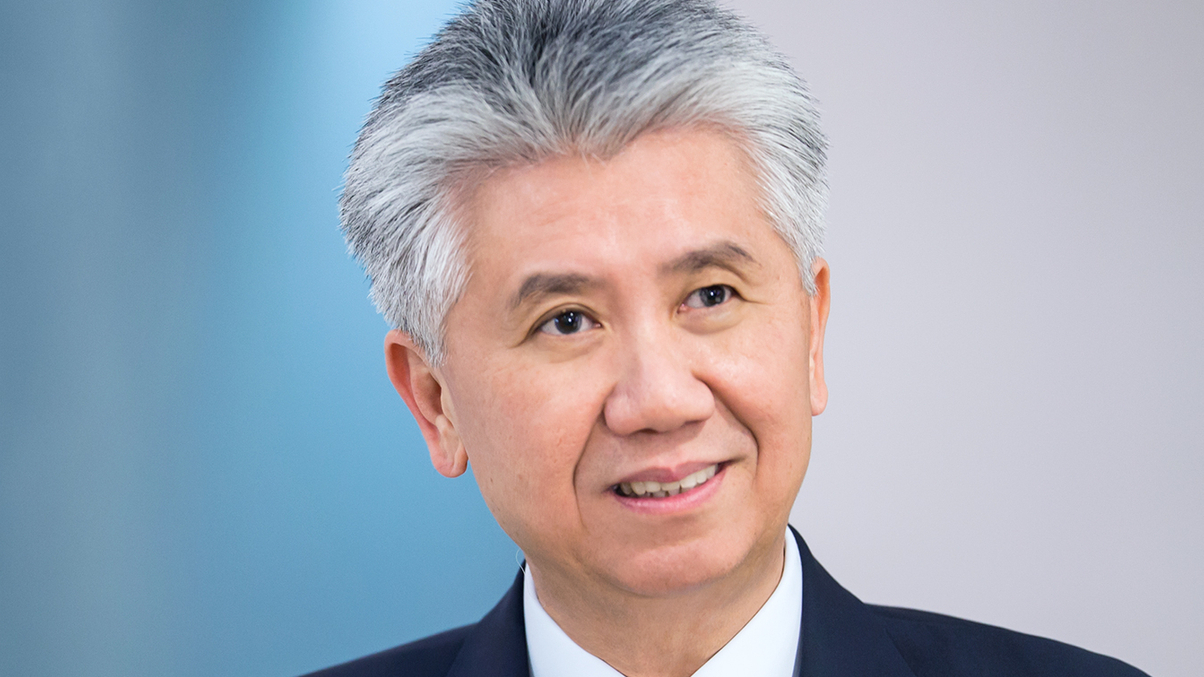
Hock Seng Khor, Great Eastern Group CEO
“We will continue to strengthen our risk, investment, and balance sheet management capabilities to enable us to continue to ride out any challenges in the future. Singapore remains a core market for us, but we’ll continue growing our network and making the right investments where required,” he added.
Raymond Ong, CEO of Etiqa Insurance Singapore, expressed optimism for 2023 and 2024, citing the company’s critical advantage within the Maybank Group. He pointed out the synergies and opportunities derived from the broader group offering banking, insurance, and asset management services.
Ong also suggested that insurers should carefully consider the challenges posed by low-interest rates, especially when developing new product offerings.

Raymond Ong, CEO of Etiqa Insurance Singapore
“Etiqa Insurance Singapore will continue seeking non-traditional partnerships that call on our strengths in digital transformation and other strategic collaborations... Deeper insights into the concerns of different customer groups will allow us to be more nimble and agile, developing new and better policies to cater to different customer segments in a fast-changing marketplace,” Ong told the Singapore Business Review.
HSBC Life Singapore CEO Harpreet Bindra underscored the industry’s focus on improving product quality and evolving customer needs.
Bindra highlighted the shift toward a hybrid model of offline and online experiences. He also urged fellow industry leaders to ramp up hospitalisation insurance and retirement plans to aid the country’s protection gap.
“It is key for insurers to have relevant solutions and to help customers start their retirement planning early. This includes not only partnering our customers in wealth accumulation ahead of retirement but also in putting together a sound post-retirement financial plan of reliable income sources and essential medical insurance so that they can enjoy their retirement comfortably and with peace of mind,” Bindra said.
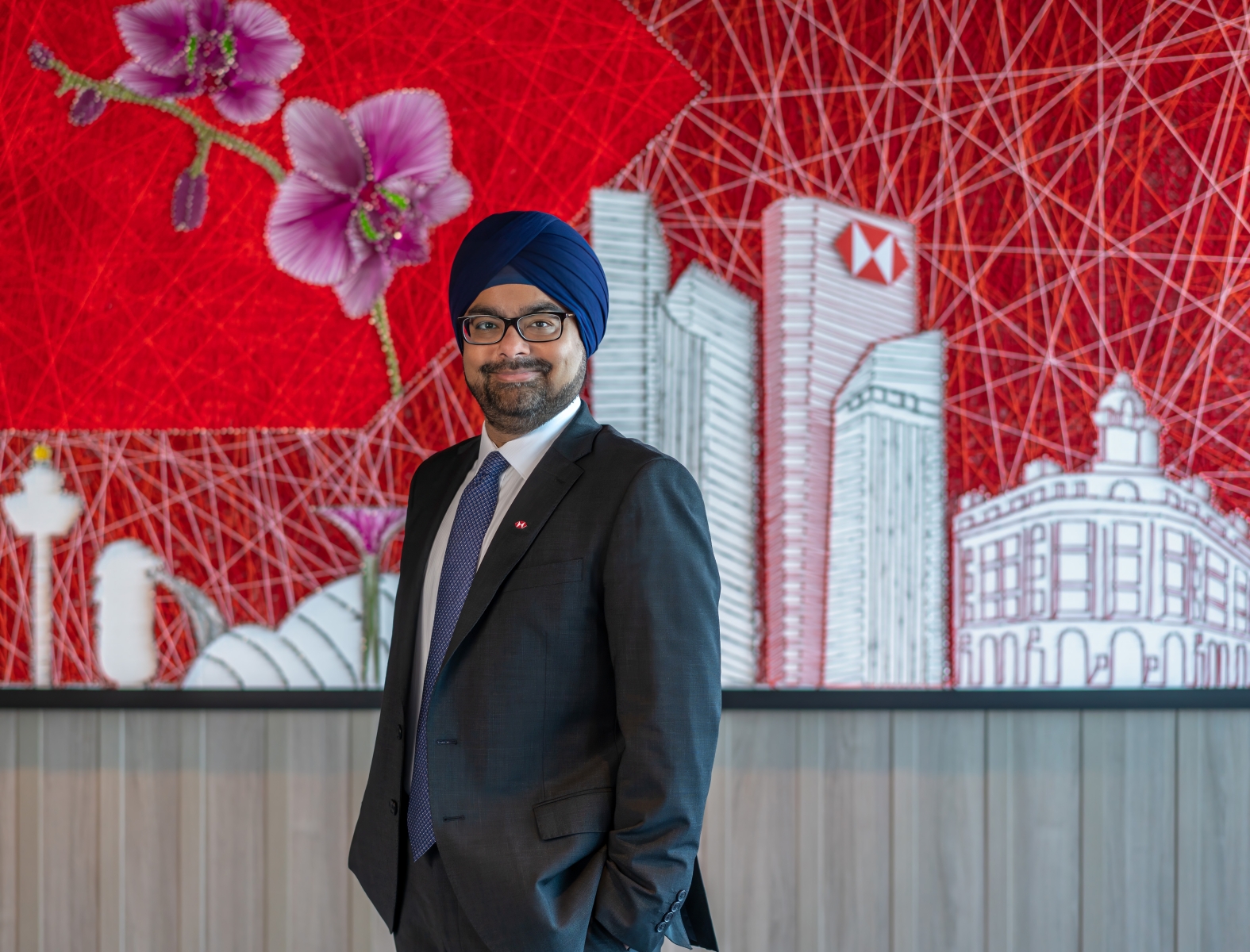
HSBC Life Singapore CEO Harpreet Bindra
“Overall, the industry focus is to improve financial advisory quality and customer outcomes. Financial advisory must continue to put the customer and their needs at the centre. Through holistic financial advisory, gaps to be met will be uncovered and insurers will be positioned to respond to customer needs effectively,” he added.
Take a look at the Singapore Business Review Insurance Rankings below:
| 2023 RANK | 2022 RANK | INSURANCE COMPANY | CLASSIFICATION | 2022 TOTAL ASSETS (SG$) | 2021 TOTAL ASSETS (SG$) |
| 1 | 1 | GREAT EASTERN LIFE | LIFE | $71.1b | $72.2b |
| 2 | 2 | AIA SPORE | LIFE | $52.4b | $59.2b |
| 3 | 3 | PRUDENTIAL | LIFE | $51.5b | $55.5b |
| 4 | 4 | INCOME | LIFE | $39.2b | $43.3b |
| 5 | 5 | MANULIFE | LIFE | $32.7b | $32.5b |
| 6 | 7 | SINGAPORE LIFE | LIFE | $12.3b | $11.5b |
| 7 | 6 | TOKIO MARINE LIFE | LIFE | $10.6b | $11.6b |
| 8 | 8 | HSBC INSN | LIFE | $9.1b | $11.3b |
| 9 | - | HSBC LIFE | LIFE | $4.4b | -- |
| 10 | 10 | ETIQA PL | LIFE | $3.7b | $3.7b |
| 11 | - | UTMOST INTERNATIONAL | LIFE | $2.4b | -- |
| 12 | 11 | TRANSAMERICA | LIFE | $1.9b | $3b |
| 13 | 13 | INCOME | GENERAL | $1.3b | $1.5b |
| 14 | 16 | SWISS LIFE | LIFE | $1.1b | $1.2b |
| 15 | 17 | ST. JAMES'S PLACE | LIFE | $1b | $1.1b |
| 16 | 15 | FRIENDS PROVIDENT | LIFE | $1b | $1.2b |
| 17 | 19 | FIRST CAPITAL | GENERAL | $970.8m | $949.1m |
| 18 | 21 | CHINA TAIPING | LIFE | $881.6m | $809.7m |
| 19 | 23 | SWISS RE ASIA | LIFE/REINSURER | $873.7m | $645m |
| 20 | 22 | CHINA REINSURANCE | LIFE/REINSURER | $692.6m | $747.6m |
| 21 | - | MONUMENT | LIFE | $686.9m | -- |
| 22 | 18 | MUNICH RE | LIFE/REINSURER | $602.1m | $1b |
| 23 | 25 | MSIG | GENERAL | $565.6m | $560.7m |
| 24 | 28 | AIG ASIA | GENERAL | $526.2m | $496.9m |
| 25 | 26 | INDIA INTERNATIONAL | GENERAL | $509.3m | $533.9m |
| 26 | 27 | CHINA LIFE | LIFE | $469.3m | $508m |
| 27 | 32 | LIBERTY INSURANCE | GENERAL | $464.4m | $424m |
| 28 | 31 | CHUBB INS | GENERAL | $445.5m | $424m |
| 29 | 23 | SWISS RE ASIA | GENERAL/REINSURER | $437.5m | $136.8m |
| 30 | 30 | TOKIO MARINE INS | GENERAL | $430.6m | $443.8m |
| 31 | 33 | LLOYD'S ASIA SCHEME | GENERAL | $423m | $389.9m |
| 32 | 21 | CHINA TAIPING | GENERAL | $399.6m | $444.2m |
| 33 | 35 | GEG | GENERAL | $381m | $314.3m |
| 34 | 36 | CIGNA EUROPE | GENERAL | $325m | $262.7m |
| 35 | 34 | UTMOST WORLDWIDE | LIFE | $294.2m | $372.7m |
| 36 | 40 | QBE INS | GENERAL | $245m | $225.6m |
| 37 | 39 | SOMPO INS | GENERAL | $232m | $226.7m |
| 38 | 37 | UOI | GENERAL | $230.6m | $246.8m |
| 39 | 41 | ALLIED WORLD | GENERAL | $228.4m | $207.3m |
| 40 | 38 | XL INS | GENERAL | $219.8m | $230.3m |
| 41 | 42 | FACTORY MUTUAL | GENERAL | $217.6m | $194.3m |
| 42 | 44 | ALLIANZ GLOBAL C&S | GENERAL | $210.6m | $191.8m |
| 43 | - | HSBC LIFE | GENERAL | $203.3m | -- |
| 44 | 43 | RGA INTL | LIFE/REINSURER | $199.2m | $192m |
| 45 | 61 | SUN LIFE | LIFE | $194.3m | $86.4m |
| 46 | 10 | ETIQA PL | GENERAL | $181.3m | $173.7m |
| 47 | 46 | SINGAPORE RE | GENERAL/REINSURER | $169.9m | $170.9m |
| 48 | 51 | ZURICH | GENERAL | $156.4m | $133.8m |
| 49 | 50 | EQ INS | GENERAL | $153.1m | $135.4m |
| 50 | 62 | FWD SINGAPORE | LIFE | $153m | $85.3m |
| TOTAL | $309.1b | $320.8b |
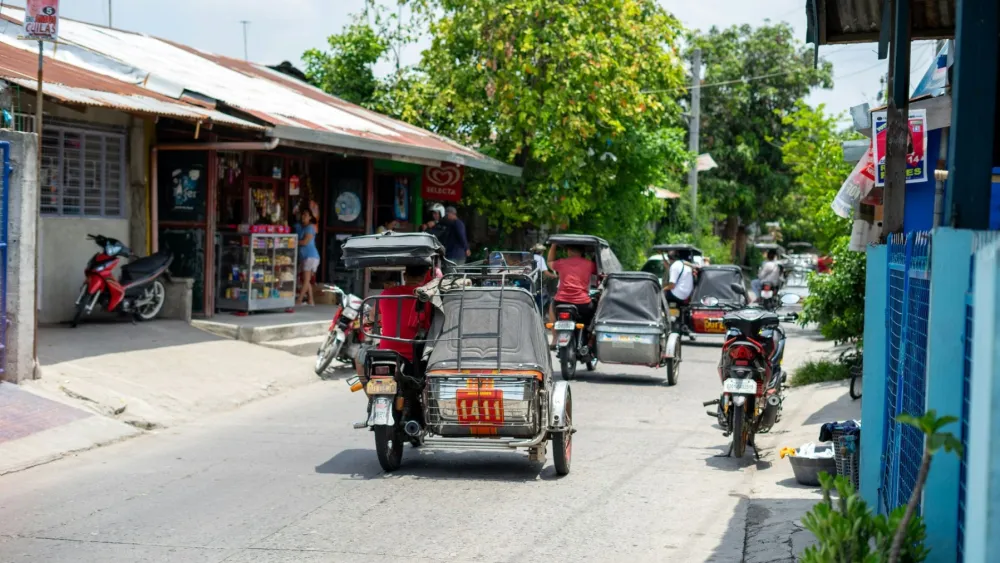


















 Advertise
Advertise





